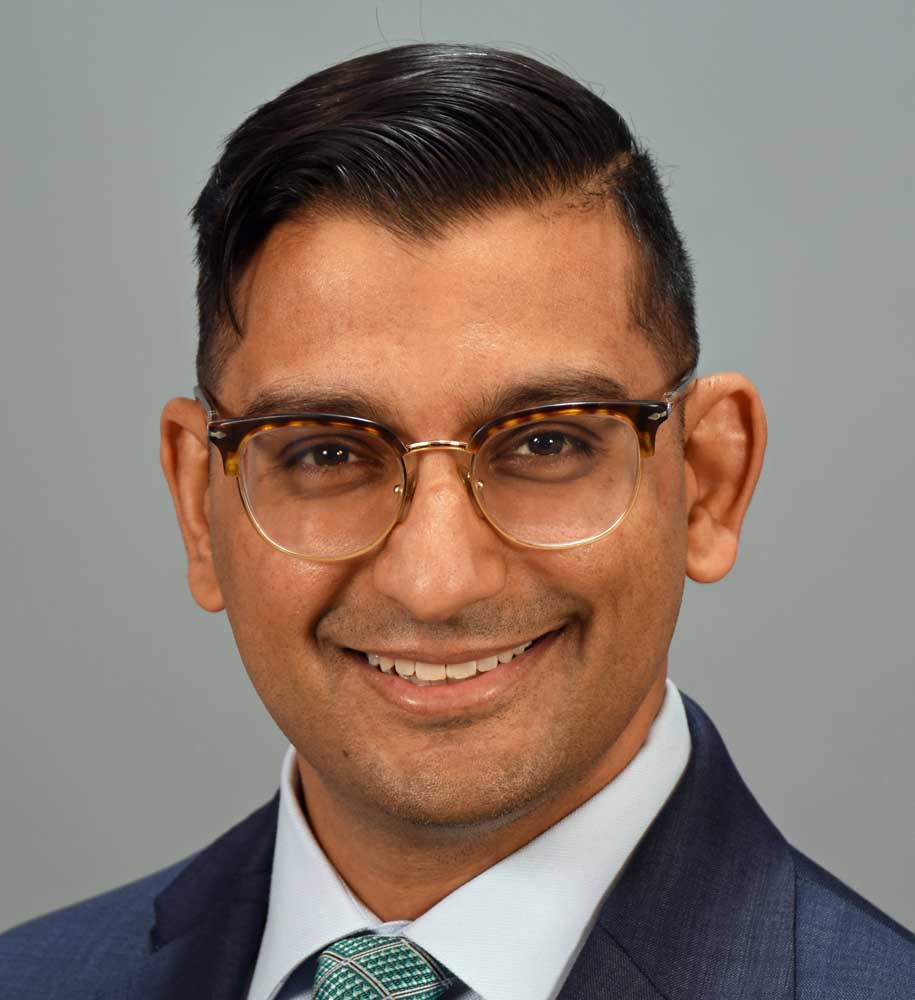OPINION: Congress should take action to reduce climbing, hidden health care costs
Published 10:01 am Thursday, October 24, 2024

- RATTAN
As a trauma and critical care surgeon, I care for the most seriously ill and injured patients. Though most of my work is in the immediate aftermath of a tragedy, I see how current problems with our health care system are creating a delayed tragedy — long-term negative health consequences for my patients.
Trending
One issue is the ballooning cost deterring people from seeking care. We’re familiar with expensive premiums and deductibles but there’s a lesser known but growing issue hiking up patients’ bills that I feel obligated to bring attention to.
Hospital systems across the country — including here in Oregon — are buying up small, community physician practices. When this happens, the cost of care skyrockets. That same local clinic you’ve been going to for years is now a “hospital outpatient department.” Even if it’s not anywhere near the main hospital, the facility can now charge patients, and Medicare, more for the exact same services in the exact same building.
For example, an ultrasound in a hospital outpatient department might cost a patient $339, compared to just $164 if it’s performed in a freestanding physician’s office. That’s double the price for the exact same test!
Trending
As hospital mergers and acquisitions surge, this practice becomes more common. Over half my colleagues are now employed by hospitals or health systems, shifting where services are provided. From 2015 to 2021, the volume of chemotherapy administered in physician offices dropped by over 14%, while it rose by 21% in hospital outpatient departments. Why? Because hospitals can charge more for the same services.
An epidural injection that costs Medicare $255 in a physician’s office will cost $740 in a hospital outpatient department.
For an echocardiogram, Medicare pays nearly 200% more in hospital settings than in a physician’s office. These are staggering price differences that have nothing to do with the quality of care, where it’s being performed, or who’s performing it, and everything to do with maximizing profits.
Oregon hasn’t been spared from this trend. In recent years, we’ve seen local, independent practices swallowed up by larger hospital systems, pushing care into more expensive settings. This is a huge and unnecessary financial burden for our patients and taxpayers, and is often going against what physicians like me want for our patients and even our own medical care. Every time prices increase because of hospital ownership, insurance premiums go up for all of us.
As a surgeon, I can tell you that charging more in this way doesn’t improve patient outcomes. It doesn’t make procedures safer, faster or more effective. It doesn’t even filter down to the clinical staff. All it does is pad hospital profits, leaving patients to foot the bill. The problem is even worse for vulnerable populations, particularly those who already struggle to afford care. When costs go up, people delay seeking help. By the time they come into the emergency room, their conditions are often much more severe — and much more expensive to treat.
Doctors across the country are alarmed by these trends. Most surveyed physicians are very concerned about the rise in hospital and practice consolidation. We know that this isn’t about improving patient care — it’s about leveraging corporate structures to increase prices at the risk of patients and their physicians trying to serve them. It’s unsustainable.
Thankfully, Congress has the power to fix this. Site-neutral payment reforms would ensure that patients pay the same price for the same services, no matter where they receive them. It’s a bipartisan, common-sense solution that would save patients, and Medicare, billions of dollars.
If we don’t act now, costs to patients will continue to rise. High costs mean delayed care, leading to worse health outcomes and more expensive treatments down the road.
As a physician, I urge Congress to pass site-neutral payment reforms and urge readers to contact their representatives. We all deserve better than being charged more for the same care just because of where they get it. It’s time to protect patients from these skyrocketing costs and ensure a more equitable health care system for all.
Dr. Rishi Rattan is a trauma surgeon and educator in Portland.





